Overview of Nutritional Value
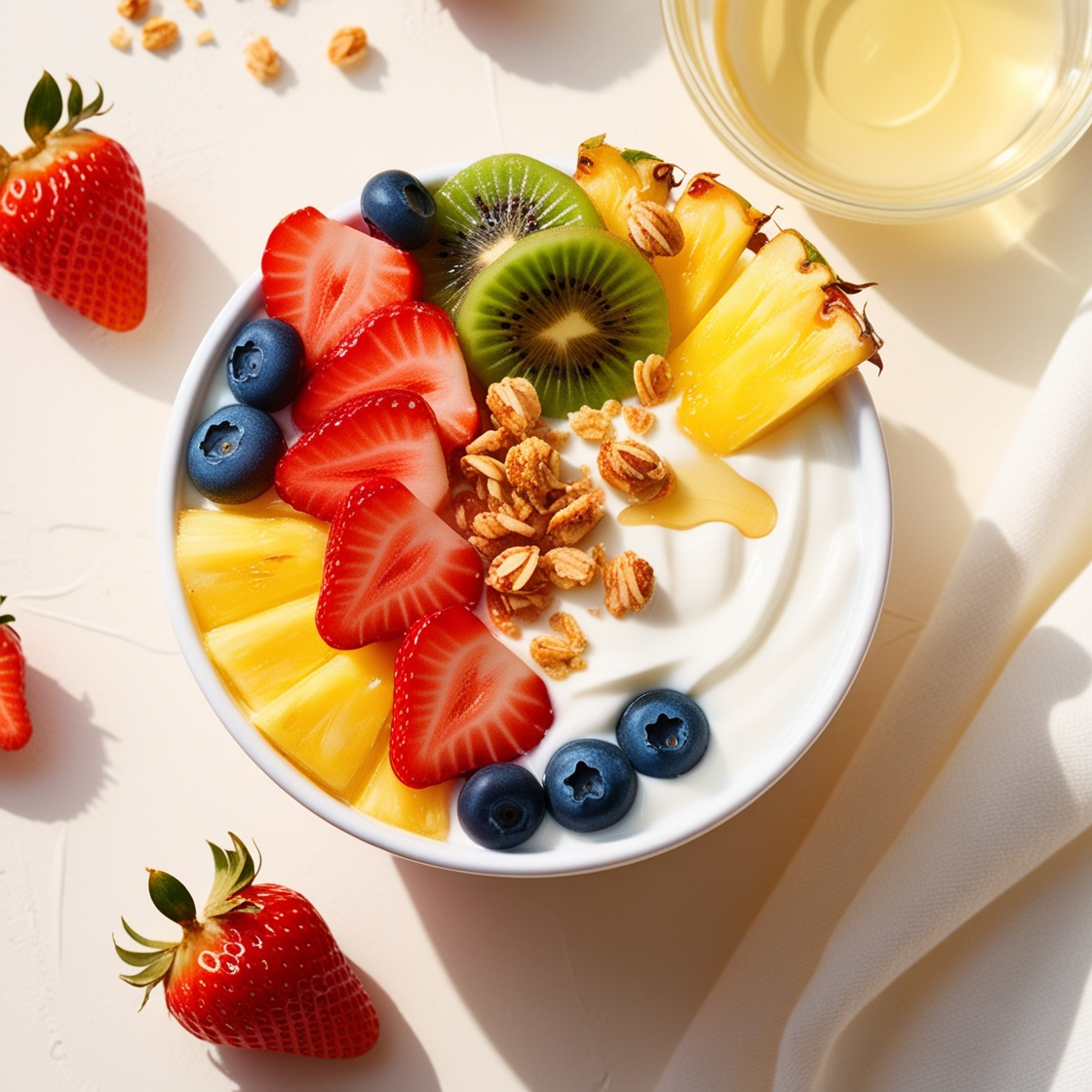
Instant yogurt is not only a delicious and refreshing snack but also a powerhouse of nutrients. It is rich in protein, calcium, vitamins, and probiotics. These nutrients contribute to numerous health benefits, including improved digestion, stronger bones, enhanced immunity, and overall better gut health.
Key Nutritional Highlights:
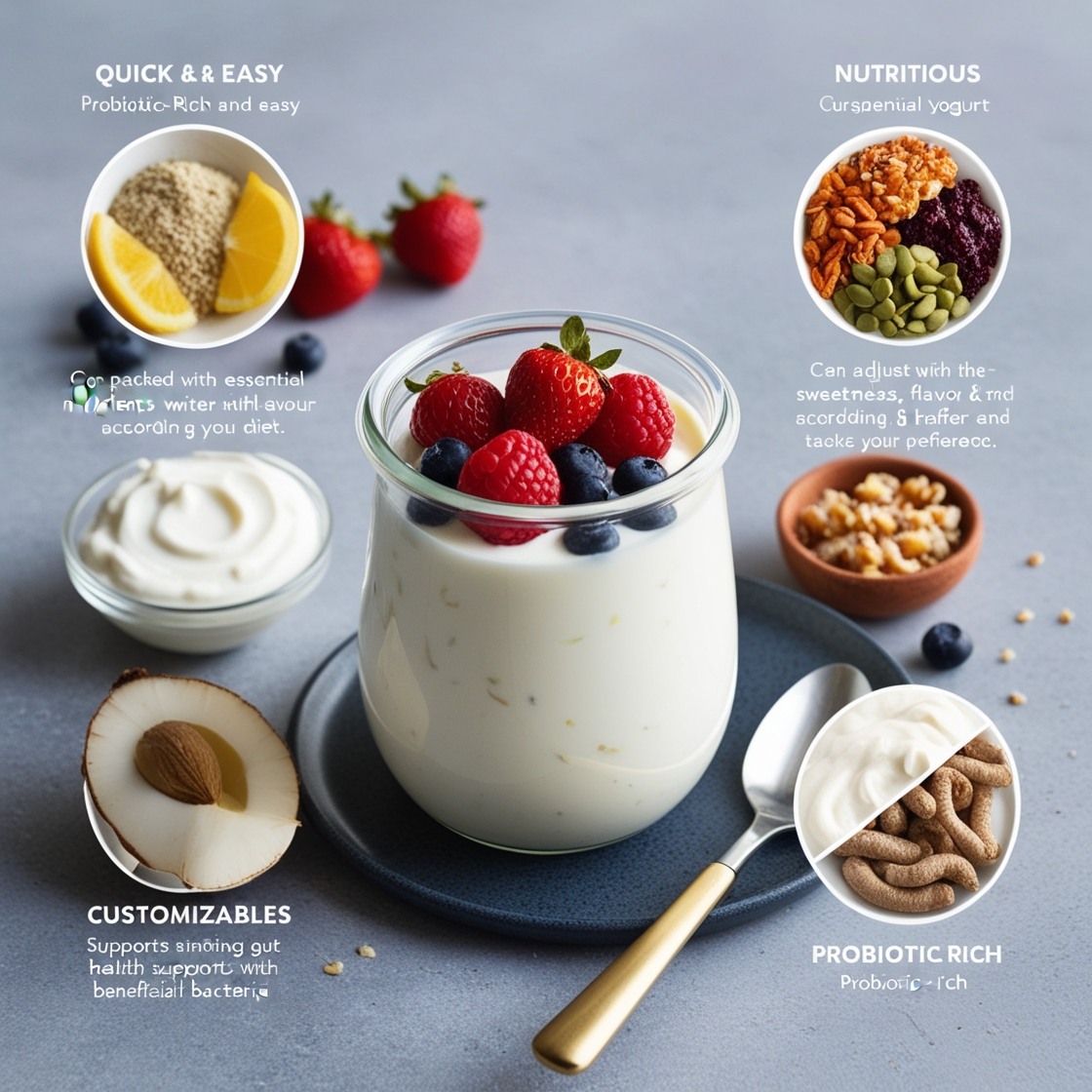
– Protein: Essential for muscle repair and growth.
– Calcium: Vital for bone and teeth health.
– Vitamins (B2, B12):Important for energy production and neurological function.
– Probiotics: Promote a healthy gut microbiome, aiding digestion and boosting immunity.
Ingredients
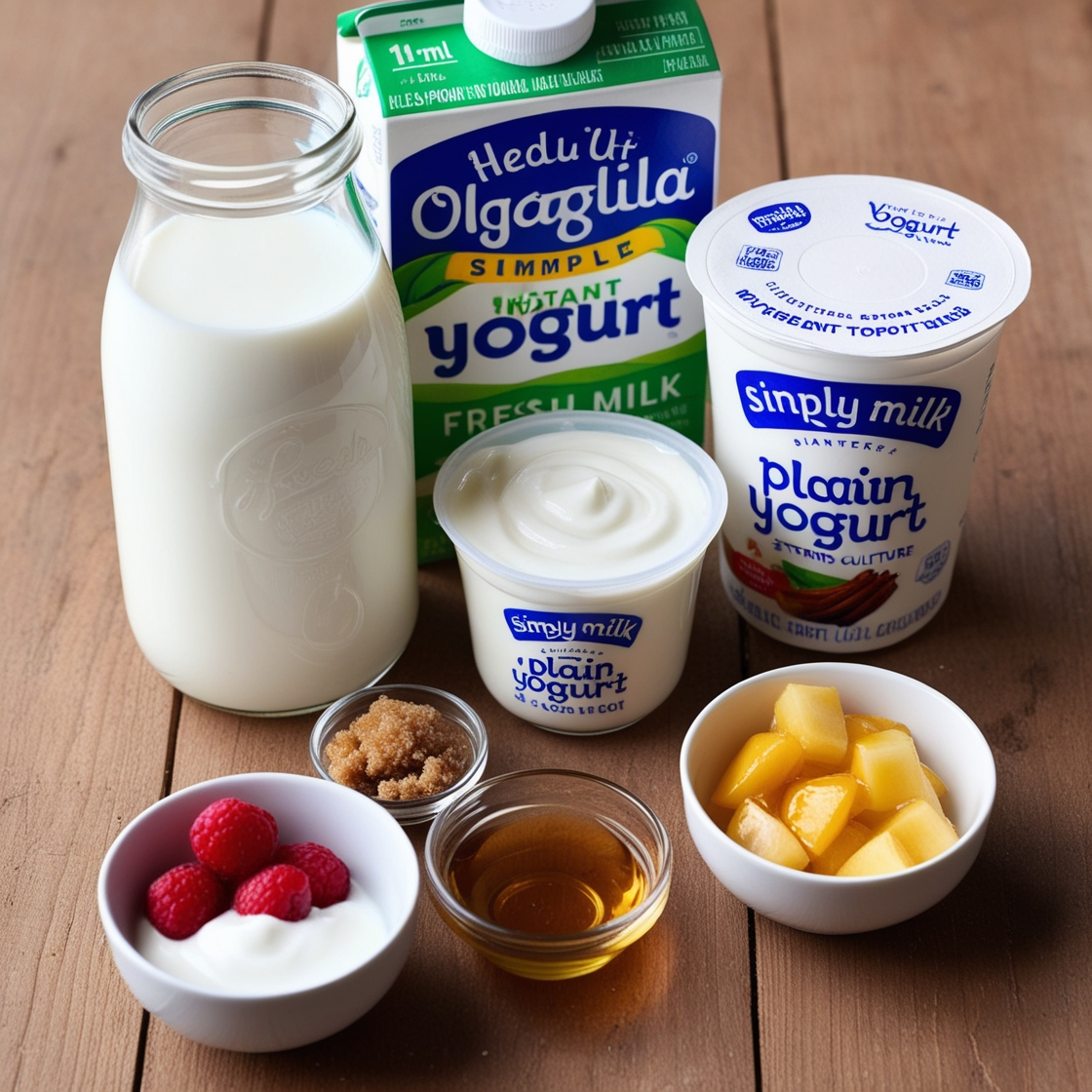
To make a simple and quick instant yogurt, you need the following ingredients:
– 1 liter of fresh milk (whole or low-fat)
– 2 tablespoons of plain yogurt (as a starter culture)
– 2 tablespoons of sugar (optional)
– 1 teaspoon of vanilla extract (optional)
– Fresh fruit, honey, or granola for topping (optional)
Method of Preparation
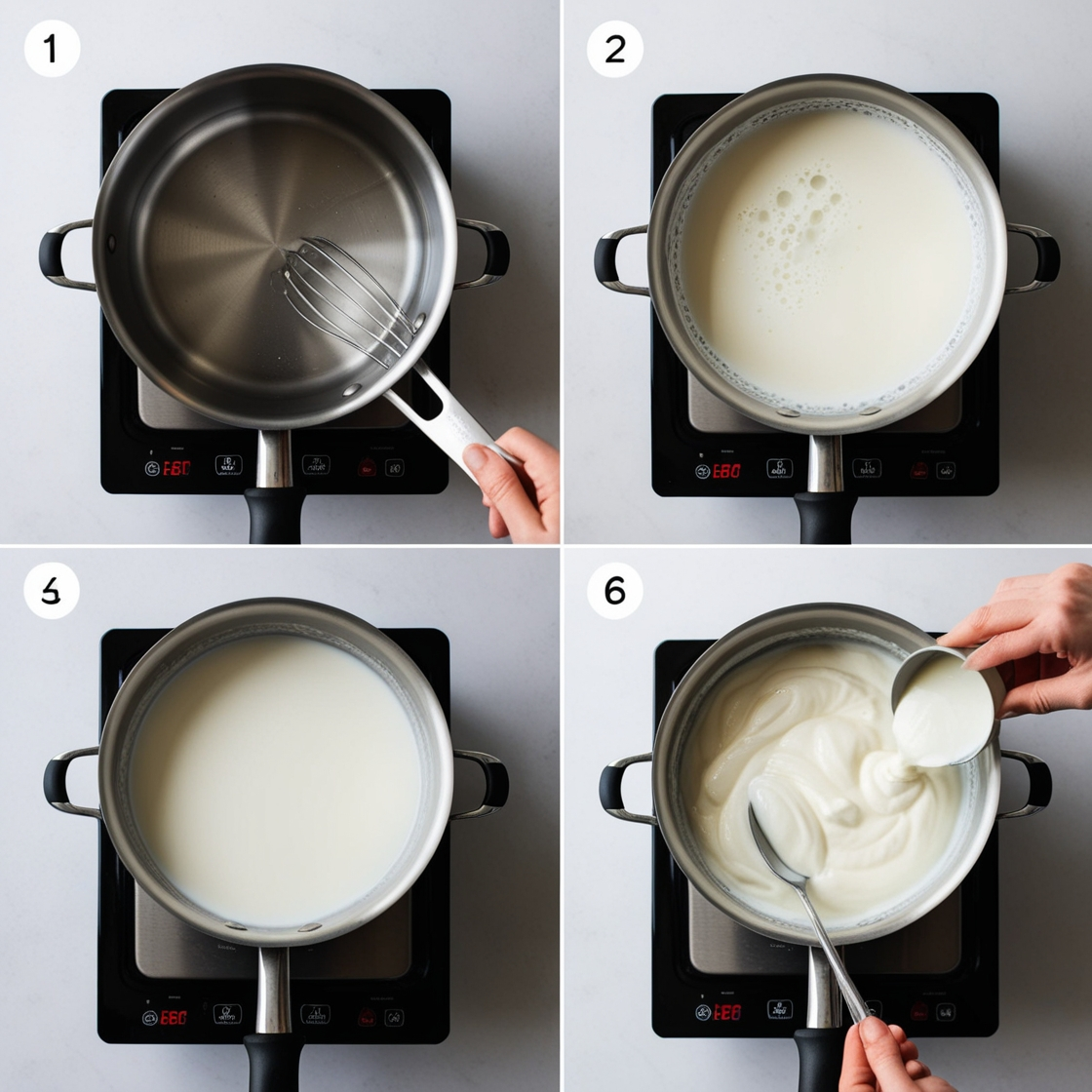
1. Heat the Milk:
– Pour the milk into a saucepan and heat it until it reaches about 180°F (82°C). This helps to kill any unwanted bacteria and prepares the milk for culturing. Be careful not to boil the milk.
2. Cool the Milk:
– Allow the heated milk to cool down to around 110°F (43°C). This is the ideal temperature for the yogurt cultures to thrive.
3. Add the Starter Yogurt:
– Take the plain yogurt and mix it with a small amount of the cooled milk until smooth. Then, add this mixture back into the rest of the cooled milk, stirring gently.
4. Incubate:
– Pour the milk mixture into a clean jar or container and cover it with a lid or cloth. Place the container in a warm environment where it can maintain a consistent temperature of around 110°F (43°C) for 6-8 hours. A yogurt maker, oven with a light on, or an insulated cooler can be used for this purpose.
5. Refrigerate:
– After the incubation period, the yogurt should have thickened. Transfer it to the refrigerator and let it chill for a few hours before serving.
6. Serve:
– Enjoy your homemade yogurt plain or with your favorite toppings like fresh fruit, honey, or granola.
Unique Features
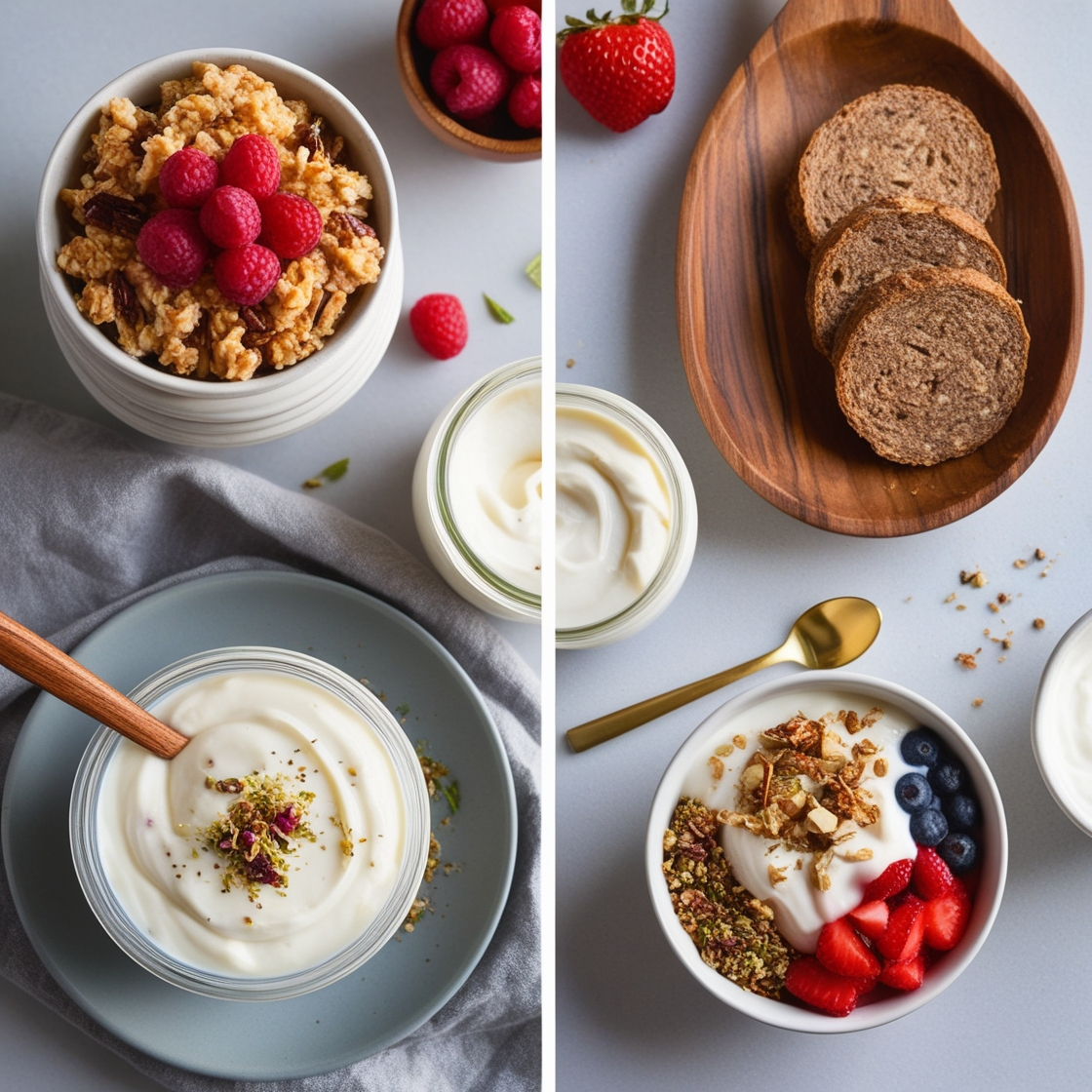
– Quick and Easy: The recipe is straightforward and can be made with minimal ingredients and effort.
– Nutritious: Packed with essential nutrients, this yogurt is a healthy addition to your diet.
– Customizable:You can adjust the sweetness, flavor, and toppings according to your preference.
– Probiotic-Rich: Supports gut health with beneficial bacteria.
Innovative Service Ideas
1. Flavored Yogurt Bar: Create a DIY yogurt bar with various toppings such as fruits, nuts, seeds, and syrups, allowing customers to customize their yogurt bowls.
2. Yogurt Smoothies: Use the instant yogurt as a base for nutritious smoothies by blending it with fresh fruits, vegetables, and a touch of honey or agave syrup.
3. Yogurt Parfaits: Layer the yogurt with granola and fruit to create visually appealing and tasty parfaits, perfect for breakfast or snacks.
Versatile Ingredients for Other Recipes
– Yogurt Salad Dressings: Mix the yogurt with herbs, lemon juice, and a touch of olive oil to create a creamy and healthy salad dressing.
– Yogurt Dips: Combine yogurt with spices, herbs, and vegetables to make delicious dips for chips and vegetables.
– Baking Substitute:Use yogurt as a substitute for sour cream or buttermilk in baking recipes to add moisture and a slight tangy flavor.
Frequently Asked Questions
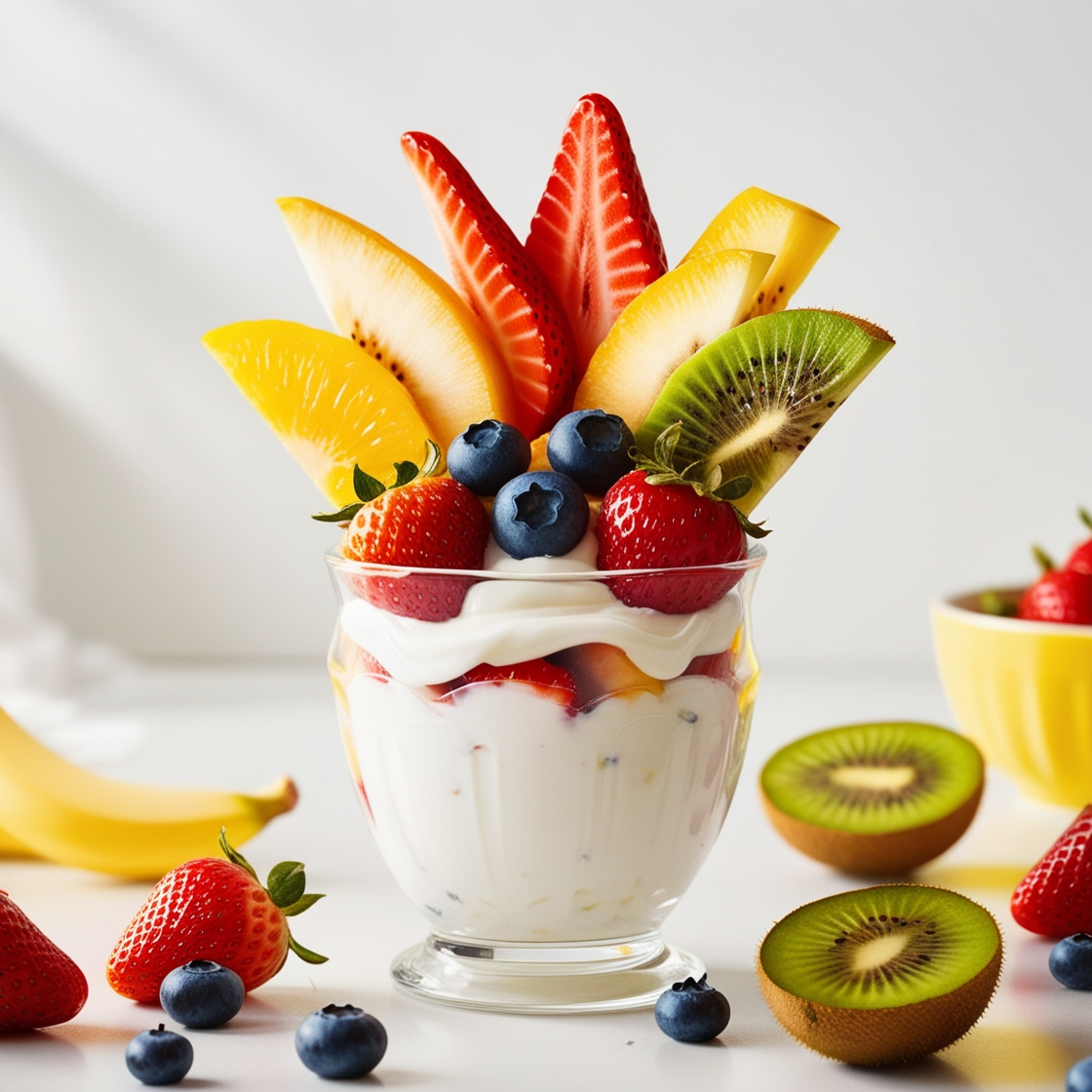
1. How long can I store homemade yogurt?
– Homemade yogurt can be stored in the refrigerator for up to two weeks. Ensure it is kept in a sealed container to maintain its freshness.
2. Can I use non-dairy milk to make yogurt?
– Yes, you can use non-dairy milk such as almond, soy, or coconut milk. However, you may need to add a thickener like agar-agar or pectin to achieve the desired consistency.
3. Why is my yogurt not thickening?
– If your yogurt is not thickening, it could be due to insufficient incubation time, incorrect temperature, or using a weak starter culture. Ensure all steps are followed accurately for the best results.
4. Can I use flavored yogurt as a starter?
– It is best to use plain yogurt as a starter. Flavored yogurts often contain additives and sweeteners that may interfere with the culturing process.
5. Is it possible to make yogurt without heating the milk?
– Heating the milk is essential to kill unwanted bacteria and to alter the proteins for better fermentation. Skipping this step might result in inconsistent results.
